What will we do after Covid19?
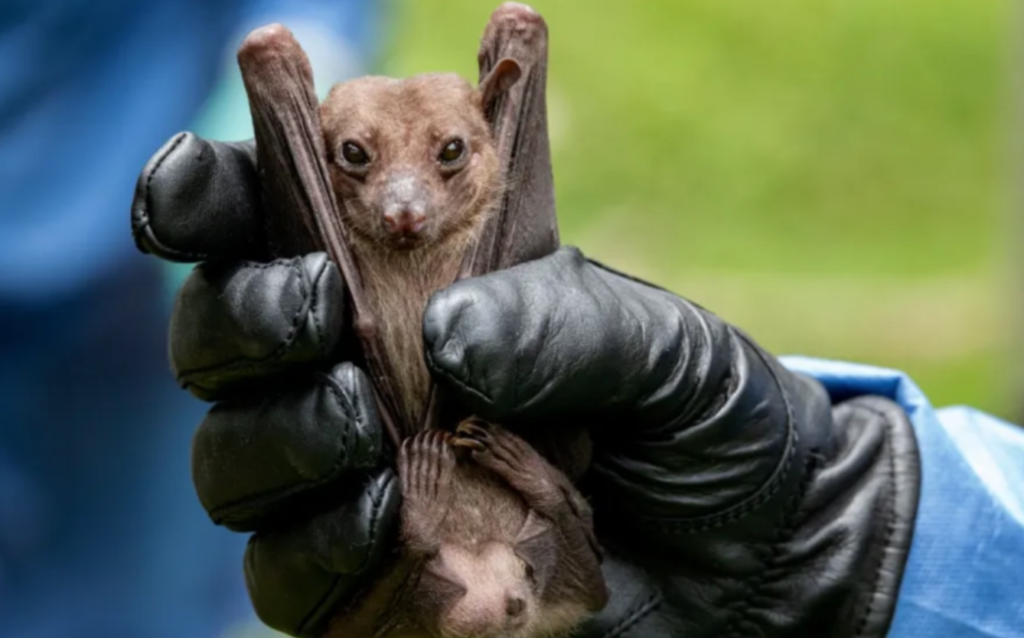
We are a small social enterprise called MakerBay, a makerspace / innovation centre focused on social and environmental impact based in Hong Kong. Just a few hours ago, we had to temporarily close our headquarters in the Tsuen Wan area as three of our staff and members have developed mild symptoms and we are waiting for the results. Until we get the results, we will remain closed to both staff and the public.
1. SHOCK
February and March were supposed to be our very best months on record, after 6 months of protests in Hong Kong. We thought that finally, we were seeing the end of the tunnel. In the last two weeks, the number of cases has spiked again in Hong Kong, and the government is taking more stringent measures.
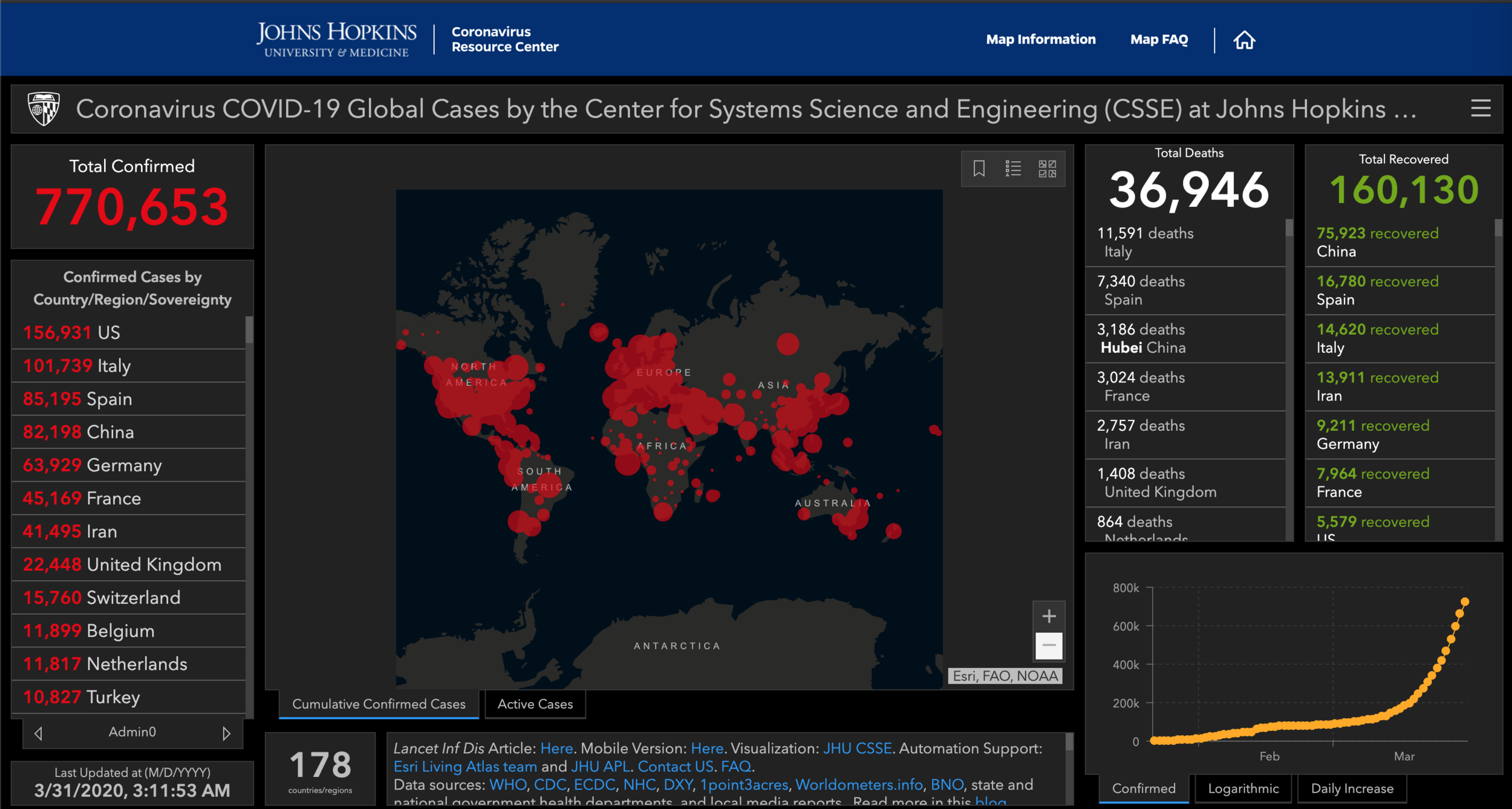
This is where are today, March 31, 2020. https://coronavirus.jhu.edu/map.html
It is a moment of reckoning. I generally prefer not to take snap decisions, and take the time to reflect and make long-term decisions that will benefit the greater good.
You might wonder, why were we even open? Our makerspace provides the tools and space for a segment of the population that typically cannot afford to have their own workshop – blue collar. We know that because in the last months, many of our members have failed to pay their memberships, yet we have remained open to support them. Delivering a lot of educational workshops and hands-on events, we doubled our efforts on hygiene and tried not to lay off our staff in this economic downturn. We also worked to develop solutions to fight against the epidemic, but none of our efforts really scaled to create a significant impact beyond our immediate networks. Some of our members worked hard independently and the credits go entirely to them.
So in summary, we kept working to
- Support our community
- Make sure our staff and their families could keep their jobs and support their families
- Develop solutions for the epidemic, although not at the scale we hoped (we made mask, mask holder, tested and compared different filters…)
2. THE ROOT CAUSE, AND THE TIMELINE
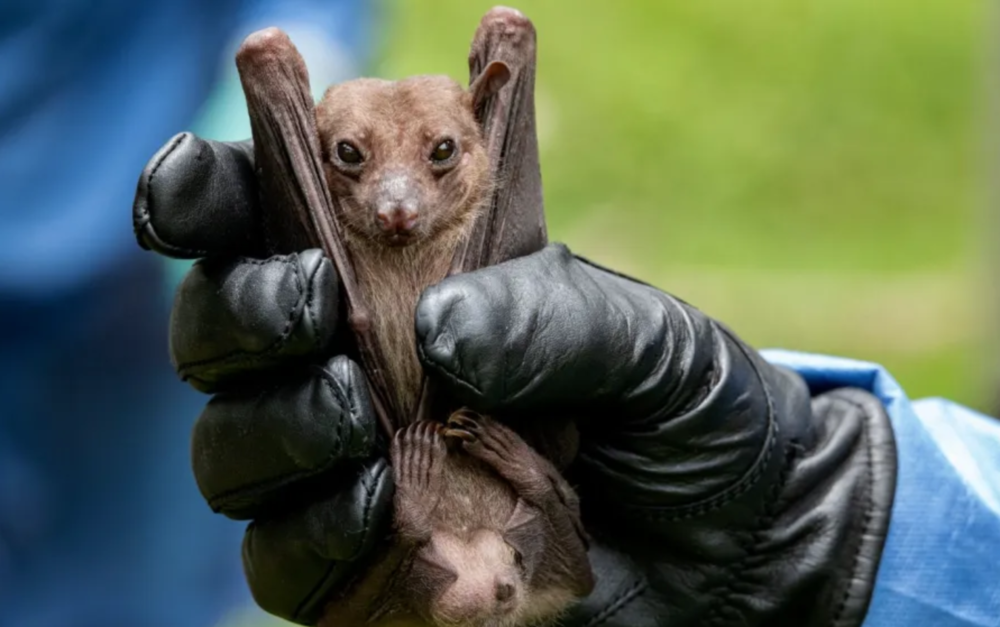
A fruit bat captured by CDC scientists Brian Amman and Jonathan Towner in Queen Elizabeth National Park on August 25, 2018. (Photo by Bonnie Jo Mount / The Washington Post via Getty Images)
It is essential to retrace the story back its origin and address the root cause, and not only the symptoms and the effects we see today.
- 1.A growing number of humans are disconnected for nature, hence do not understand, do not respect thus destroying the environment with an extractive logic damaging our life support system and future.
- 2. Humans are rapidly conquering and domesticating the remaining wild life habitats, forcing species into extinction, or into cohabiting with other species with whom they share diseases.
- 3. Humans exploit, eat and trade all sorts of rare wildlife and in this instance, the virus is presumed to have “jumped” from either a bat or a pangolin, trafficked as food or pet in an unhygienic facility.
- 4. China.
- 5. Hong Kong.
- 6. Europe. And the “herd immunity gamble”.
- 7. USA. Now, number 1.
- 8. Everywhere.
3. A BINARY VIEW OF THE WORLD
This crisis has revealed the bad and the good in us. In the article “The world after coronavirus“, Yuval Noah Harari painted a contrasted picture where he expressed how the world can change after the virus.
“Humankind is now facing a global crisis. Perhaps the biggest crisis of our generation. The decisions people and governments take in the next few weeks will probably shape the world for years to come. They will shape not just our healthcare systems but also our economy, politics and culture. We must act quickly and decisively. We should also take into account the long-term consequences of our actions. When choosing between alternatives, we should ask ourselves not only how to overcome the immediate threat, but also what kind of world we will inhabit once the storm passes. Yes, the storm will pass, humankind will survive, most of us will still be alive — but we will inhabit a different world. […] Humanity needs to make a choice. Will we travel down the route of disunity, or will we adopt the path of global solidarity? If we choose disunity, this will not only prolong the crisis, but will probably result in even worse catastrophes in the future. If we choose global solidarity, it will be a victory not only against the coronavirus, but against all future epidemics and crises that might assail humankind in the 21st century.“
Of course, this is a gross binary simplification, Manichaeism, but expanding Hariri’s list helps to identify world views, may they be our own or the ones of others:
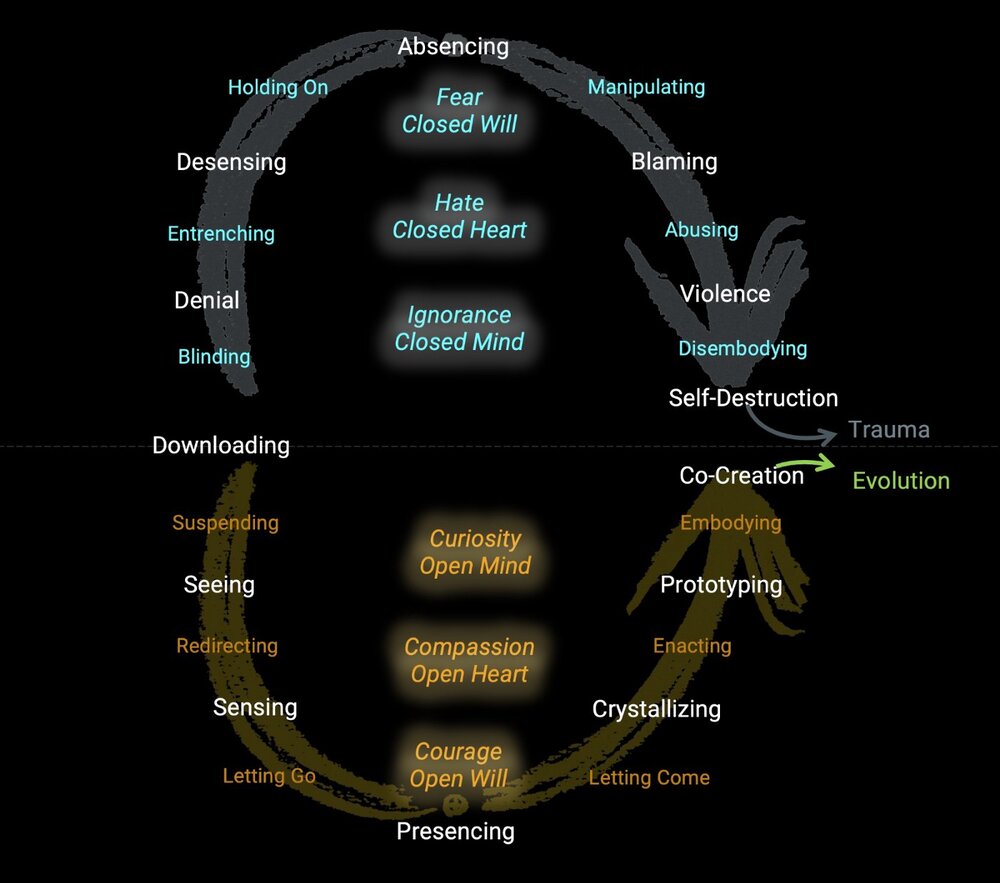
Image from “Eight Emerging Lessons: From Coronavirus to Climate Action” by Otto Scharmer
- Disunity – Unity
- Surveillance – Cooperation
- Repression – Incentive
- Disinformation – Information
- Panic, Chaos – Organised Response
- Aggressive – Peaceful
- Carefree – Cautious
- Response – Prevention
- Centralization – Decentralization
- Money-focused – Nature-focused
- Hoarding – Sharing
- Racism – Solidarity
- Opinion, Superstitions – Facts, Science
- Consumer – Creator
- Closed – Open
- Hate – Love
- Sick – Healthy
All the projects we undertake must embody the world we want to live in. All listed on one side of that binary view – when it makes sense.
By no means am I saying that this is a left-right divide. If anything needs to be done now, it is to not caricature people and their world views. We need to build bridges, not walls. We need to listen to each other and support each other’s differences. Diversity is resilience.
4. AFTER COVID19
With the current dynamic of global warming, the destruction of wildlife habitats, the unhygienic consumption of wild animals, similar viruses will continue to appear and mutate. Even if we eventually develop a vaccine in a year or two, such an epidemic will appear again, certainly. And let’s be perfectly honest here, with the rate at which we are changing, there will be more pandemics.
“I’m absolutely sure that there are going to be more diseases like this in future if we continue with our practices of destroying the natural world, deforestation and capturing wild animals as pets or for food and medicine. […] We should start thinking about the next one.” Coronavirus is just the first of many pandemics to come, environmentalists warn”
Dr Enric Sala, marine ecologist and part of National Geographic’s Campaign For Nature, The Independent
We need to address this crisis at the root cause and change the way we interact with
- Nature
- Wildlife
- Others
- Ourselves
We can’t “go back to normal” as “lucky survivors” and not change – and act as everything is fine. Many have argued that if we were as diligent at combating global warming as we are at Covid19, we might make the necessary changes in time. Otto Shamer wrote a great article from which I used one of the illustrations (above).
Adaptation cannot just be how the middle class deals with this – working from their laptops in quarantine. The whole modern world still depends on the majority of people who cannot quarantine themselves for extended periods of time. Who will grow the food? Who will transport it? Transform it? All the jobs in manufacturing? Education? Health? Culture? If you think these are all about to be automated, how will we support the billions of people who work in these industries to work safely?
More than ever I am thinking about the most vulnerable of us, the sick, the elderly, the health workers, the refugees, the poorest of us all that have to manage the dead bodies, the contaminated waste, those that have no choice but taking the extremely crowded public transports early in the morning and meet their elderly parents and young children at night, knowing they don’t have the resources to support themselves or they loved ones were they to fall sick.
For those who work with Makerbay, here are a few changes that we are working on:
1. We go online: We’re building an entire new MakerBay website that will organize heaps of free online maker and STEAM education. We will offer both “hard” skills (technical) and “soft” skills (21st-century skills and growth hacker mindset).
2. We go offline: We are looking to be more distributed with our MakerBench to bring the innovator/inventor/maker capacity to everyone
3. We focus on impact: we are going to use a mix of SDGs and our own custom impact metric to make sure our future decisions are guided by rational metrics: what makes the world a better place in a scalable way? We are developing a membership system that tracks the skills and impact of each of our members so can encourage personal and community improvement as our community “currency”.
4. We support our community: by providing free or highly discounted rates for impact-focused projects. With the MakerBay team, we need to figure out how we can enable both our community that needs Makerbay as a place to work AND volunteers that want to start Covid19 relief initiatives at MakerBay to share the space in a sanitary and sustainable way. More on that soon.
5. We build resilient people, relationships, cities: we will increase the initiating part in projects that connect urbanites to nature, to others and to better know themselves.
We want to address the immediate crisis, and we also need to think beyond the current crisis. It is somewhat frustrating to not throw ALL our energy in the ongoing crisis, and react when our social media fills us with distress signals. But we also need to address the root cause of the crisis, work for the long game, be ready for future crisis and do our best to prevent these crises from happening.
We don’t know how long we will have to stay closed to the public.
But be sure, we are building our capacity to do more. We will see you soon.
Original article on Cesar Jung-Harada blog March 31:
https://cesarjungharada.com/notes/log/what-will-we-do-after-covid19

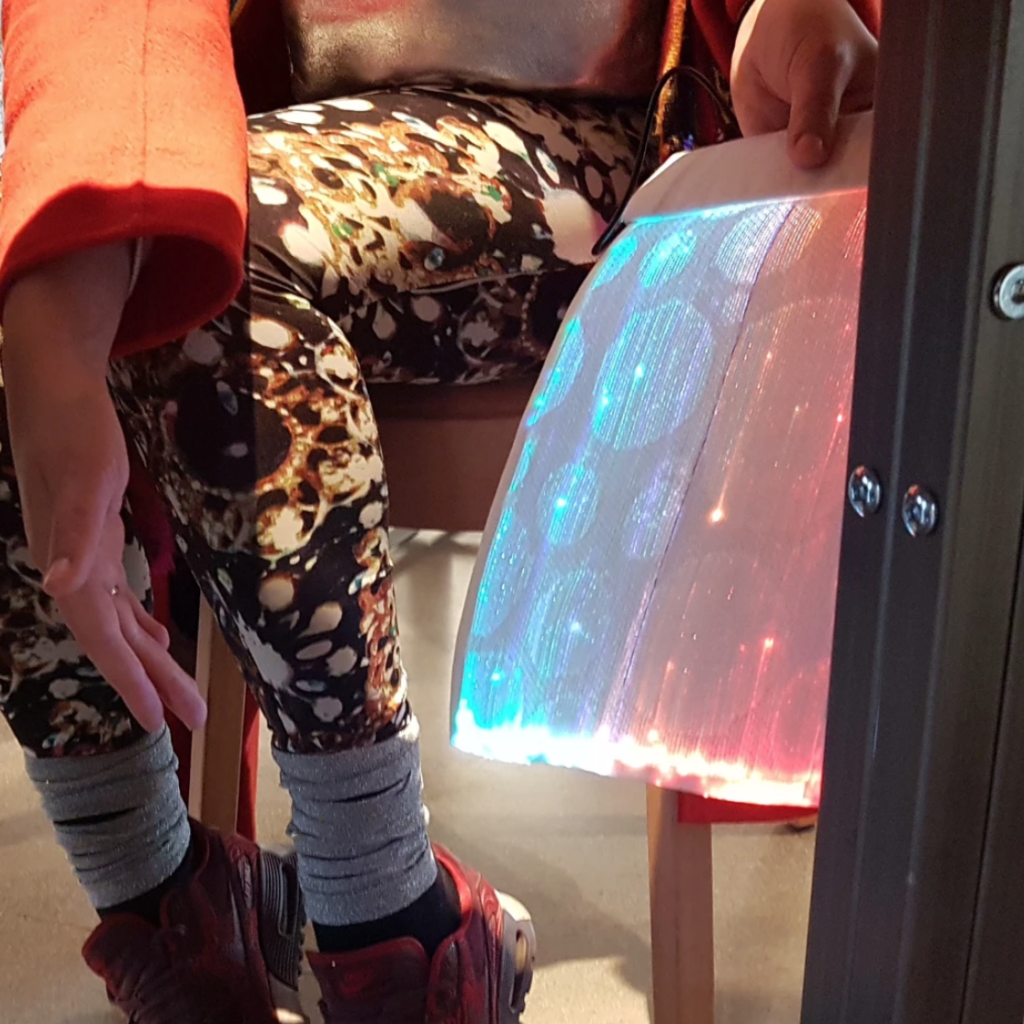
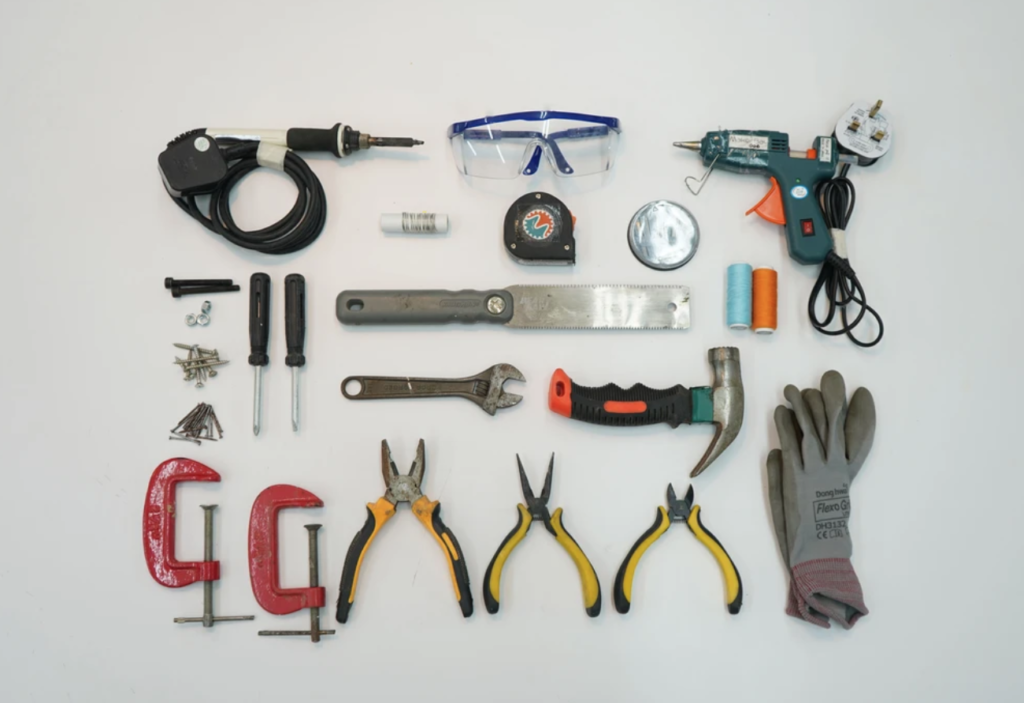
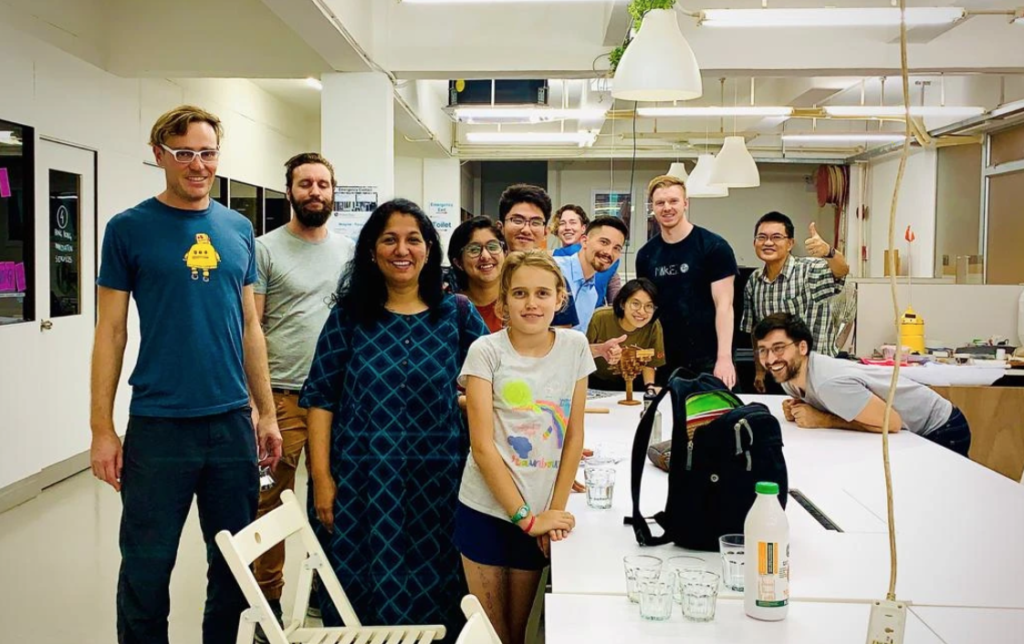
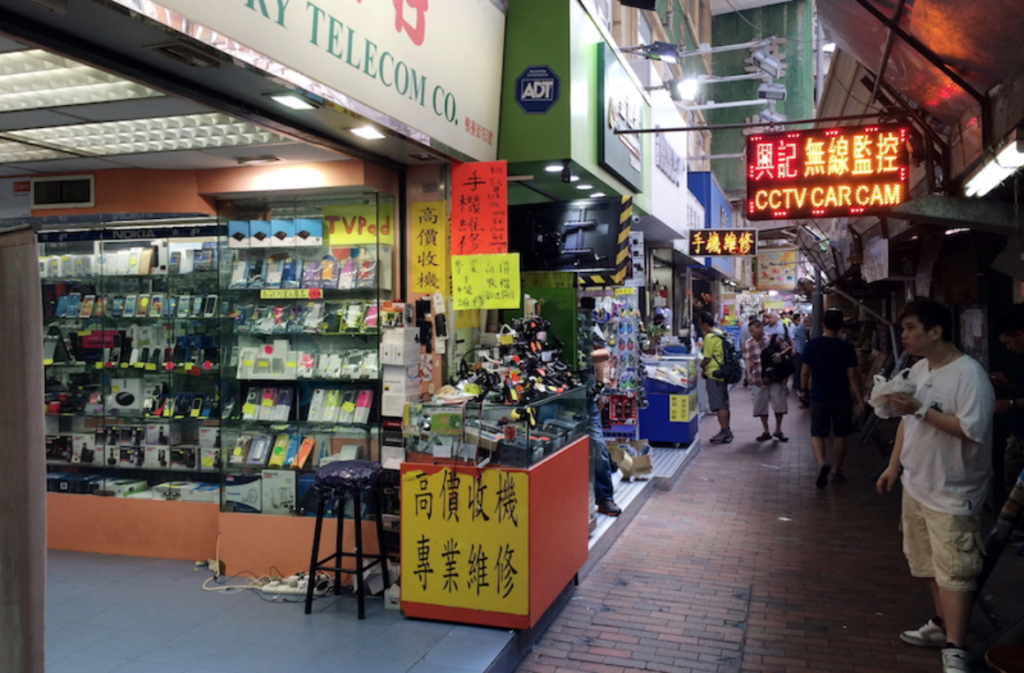
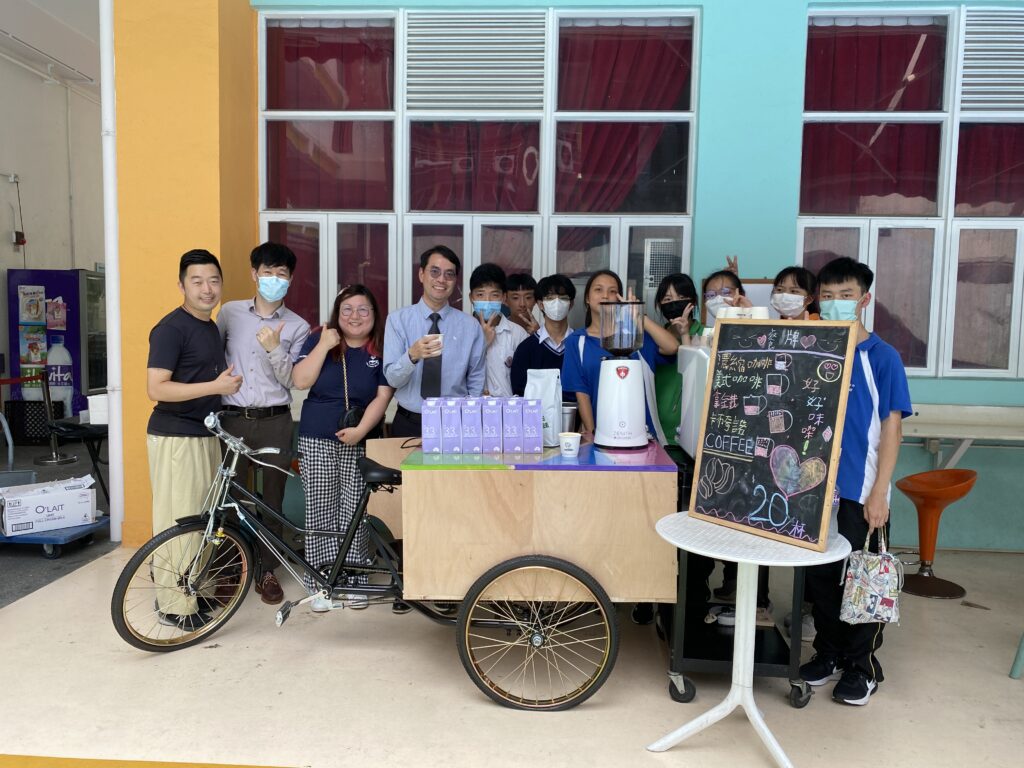

Responses